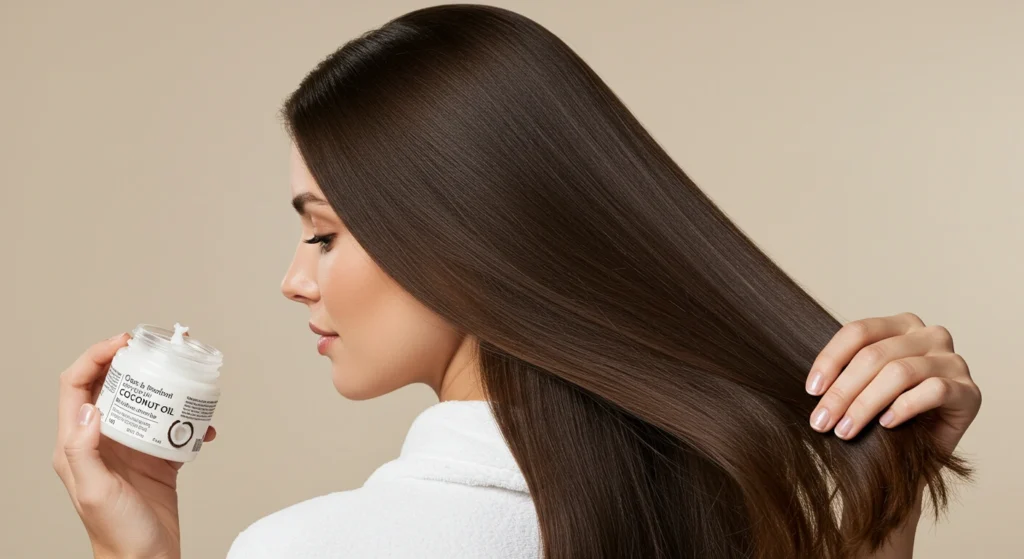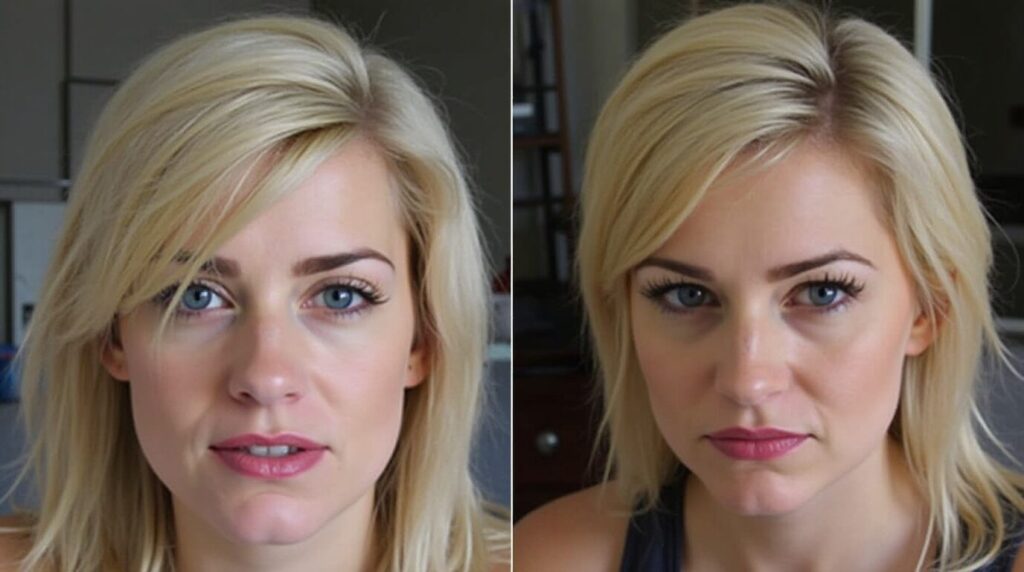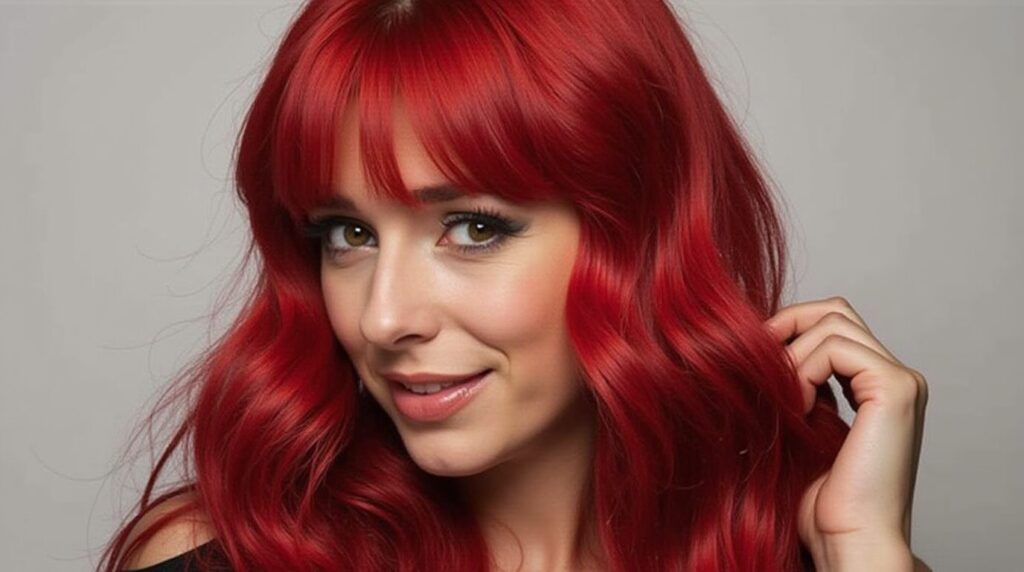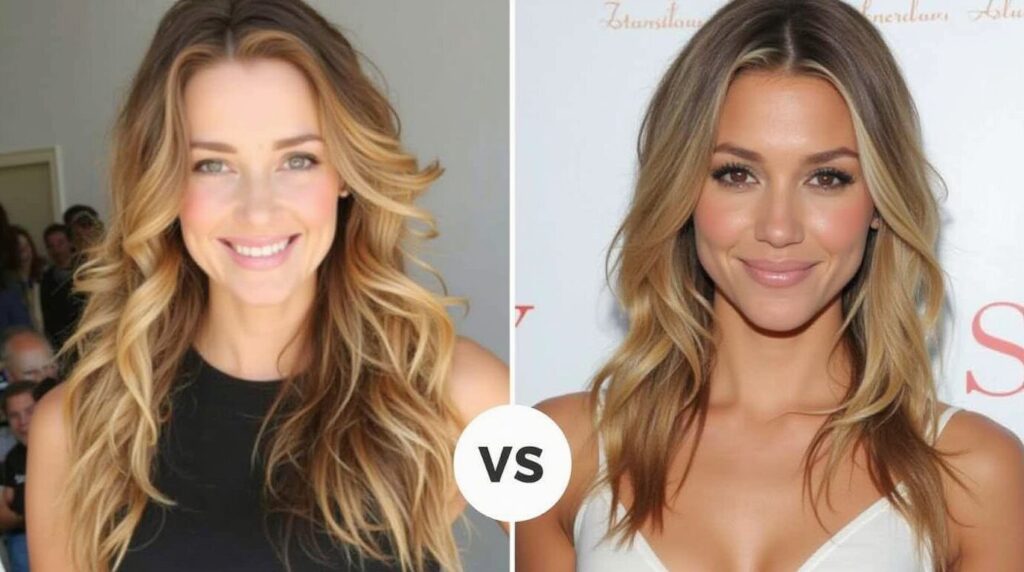When it comes to supplements, few are as popular—and debated—as creatine. It’s a powerhouse in the fitness world, promising to enhance your strength, endurance, and muscle mass. But for many, one question looms large: Does creatine make you lose hair?
If you’re wondering whether your pursuit of fitness might come at the cost of your hairline, you’re not alone. Let’s break it down step by step to uncover the truth, address common misconceptions, and equip you with the facts you need.
Table of Contents
What is Creatine, and Why Do People Use It?
Understanding the Basics of Creatine
Creatine is a naturally occurring compound found in your muscles and brain. Your body produces it from amino acids, primarily arginine, glycine, and methionine. It’s also available through foods like red meat and fish, making it accessible from your diet. But with all the buzz surrounding creatine supplementation, you might be wondering: does creatine make you lose hair?
When you supplement with creatine, you are essentially boosting your body’s natural energy production. This helps your muscles produce more energy during high-intensity activities, such as lifting weights or sprinting. By enhancing your energy reserves, creatine allows your muscles to work harder, recover faster, and perform at a higher level. This is why it’s widely used by athletes, bodybuilders, and fitness enthusiasts seeking to improve their strength, power, and overall workout performance.
However, despite its many benefits, concerns have arisen about whether creatine supplementation could be linked to hair loss. In the next sections, we’ll dive deeper into this issue and separate fact from fiction.
The Benefits of Creatine
Here’s why creatine has become a staple in gyms worldwide:
- Enhanced Strength: Creatine fuels your muscles during intense workouts, improving performance.
- Increased Muscle Mass: It boosts water retention in muscle cells, giving you a fuller, more muscular appearance.
- Improved Recovery: Faster recovery means you can train harder and more frequently.
Does Creatine Cause Hair Loss? The Origins of the Concern
Where Did This Idea Come From?
The fear that creatine might cause hair loss largely stems from a 2009 study. Researchers found that creatine supplementation led to an increase in DHT (dihydrotestosterone) levels, a hormone linked to hair loss. However, here’s the kicker: the study involved only a small group of participants and didn’t establish a direct connection between creatine and hair loss.
What Does the Science Say?
Let’s get this straight:
- Creatine does not directly cause hair loss.
- DHT, while a factor in male pattern baldness, is not solely responsible for hair thinning or shedding.
- Genetics play the most significant role in determining whether you’ll experience hair loss.
The Role of DHT in Hair Loss
DHT is a hormone derived from testosterone. It can shrink hair follicles in individuals genetically predisposed to male or female pattern baldness. While creatine might increase DHT levels slightly, this doesn’t mean it will trigger hair loss if you’re not already prone to it.
What Truly Causes Hair Loss?
1. Genetic Predisposition
The most common form of hair loss—male or female pattern baldness—is hereditary. If your parents or grandparents experienced it, you’re more likely to as well.
2. Hormonal Changes
Hormonal fluctuations, such as those caused by stress, aging, or medical conditions, can lead to thinning hair or bald spots.
3. Lifestyle Factors
- Diet: A lack of essential nutrients like protein, biotin, or zinc can weaken your hair.
- Stress: Chronic stress can push hair follicles into a resting phase, leading to shedding.
- Sleep: Poor sleep quality affects your body’s ability to repair and grow hair.
Can Creatine Benefit Hair Growth?
Creatine’s Impact on Overall Health
Although creatine isn’t a magic bullet for hair growth, its benefits for overall health could indirectly support hair health. For instance:
- Enhanced Cell Function: Creatine supports energy production, which is crucial for cell repair and regeneration.
- Improved Workout Recovery: A healthy, active lifestyle can positively impact your skin and scalp health.
What It Won’t Do
Creatine won’t directly make your hair grow faster or thicker. Its effects are more about enhancing physical performance than targeting hair health.
How to Minimize Hair Loss While Using Creatine
If you’re worried about your hairline, here are some actionable tips:
- Stick to the Recommended Dosage:
Overloading on creatine won’t boost its benefits but could lead to unnecessary concerns. The standard dosage is 3–5 grams daily. - Nourish Your Body:
A diet rich in lean protein, leafy greens, and healthy fats can do wonders for your hair. Key nutrients include: - Manage Stress:
Stress is a major contributor to hair loss. Incorporate relaxation techniques like yoga, meditation, or even a simple walk outdoors. - Use Scalp Care Products:
Invest in shampoos or serums designed to support hair growth and maintain scalp health. - Consult a Professional:
If you notice significant shedding, consult a dermatologist to rule out underlying conditions.
Frequently Asked Questions About Creatine and Hair Loss
Does creatine make you lose hair if you’re genetically predisposed?
While creatine may increase DHT levels slightly, it doesn’t directly cause hair loss. Genetics remain the primary factor.
Can creatine impact women’s hair loss?
Creatine’s effects on DHT are minimal and not likely to impact women unless they have specific hormonal sensitivities.
Are there other side effects of creatine?
Aside from potential water retention and mild digestive discomfort, creatine is considered safe when taken as directed.
How can I balance fitness goals and hair health?
Stick to recommended dosages, maintain a balanced diet, and monitor any changes to your hairline.
Should I stop using creatine if I notice hair thinning?
If you suspect creatine is affecting your hair, consult a dermatologist before discontinuing use.
Conclusion: Separating Myths from Facts
So, does creatine make you lose hair? The short answer is: probably not. While the supplement might slightly increase DHT levels, there’s no concrete evidence linking creatine directly to hair loss.
Hair health is influenced by a variety of factors, from genetics to lifestyle. If you’re proactive about your overall health and mindful of any changes, creatine can be a valuable tool for achieving your fitness goals without sacrificing your hairline.
Your Next Steps
Want to keep your hair healthy while staying fit? Follow the tips in this guide, stay informed, and always consult a professional if you have concerns. For more insights into supplements and hair care, explore other resources on our website.
Your fitness and hair health can coexist—you just need the right approach!





